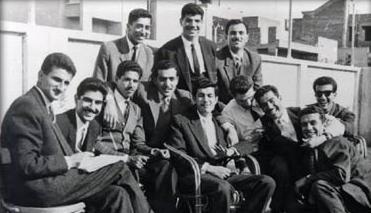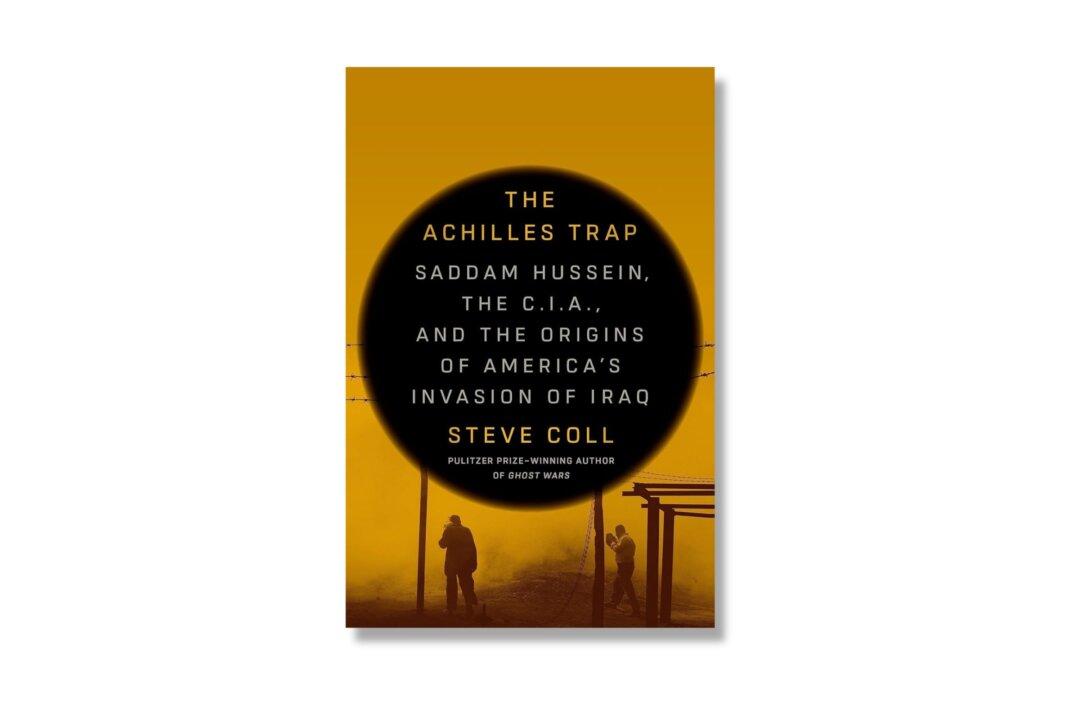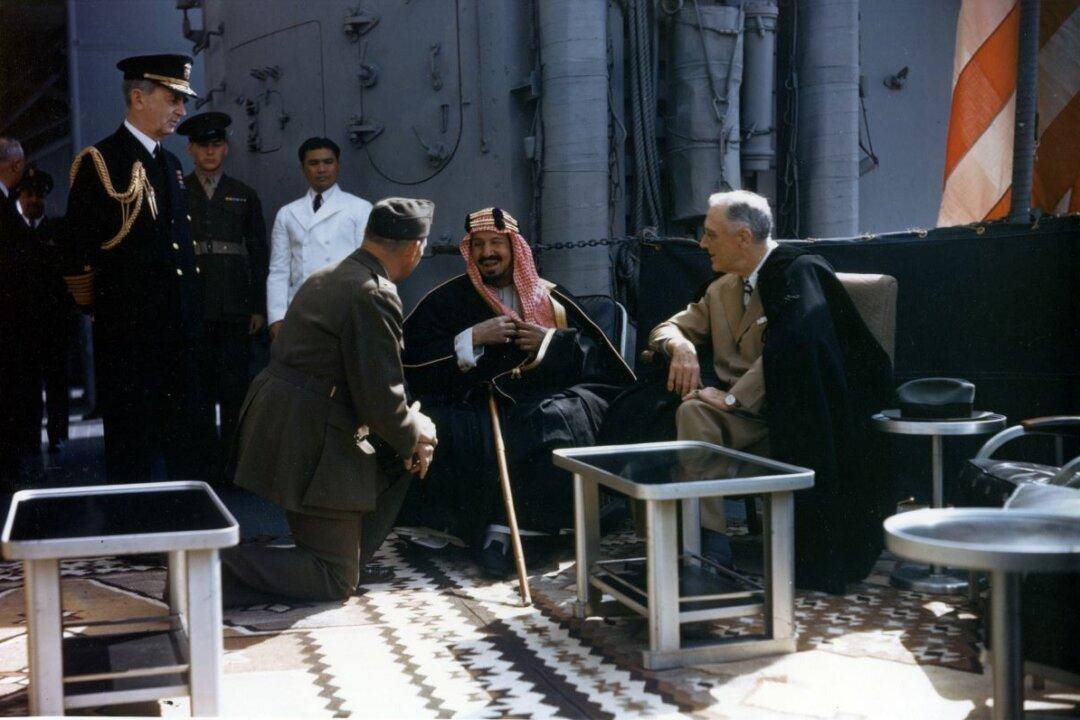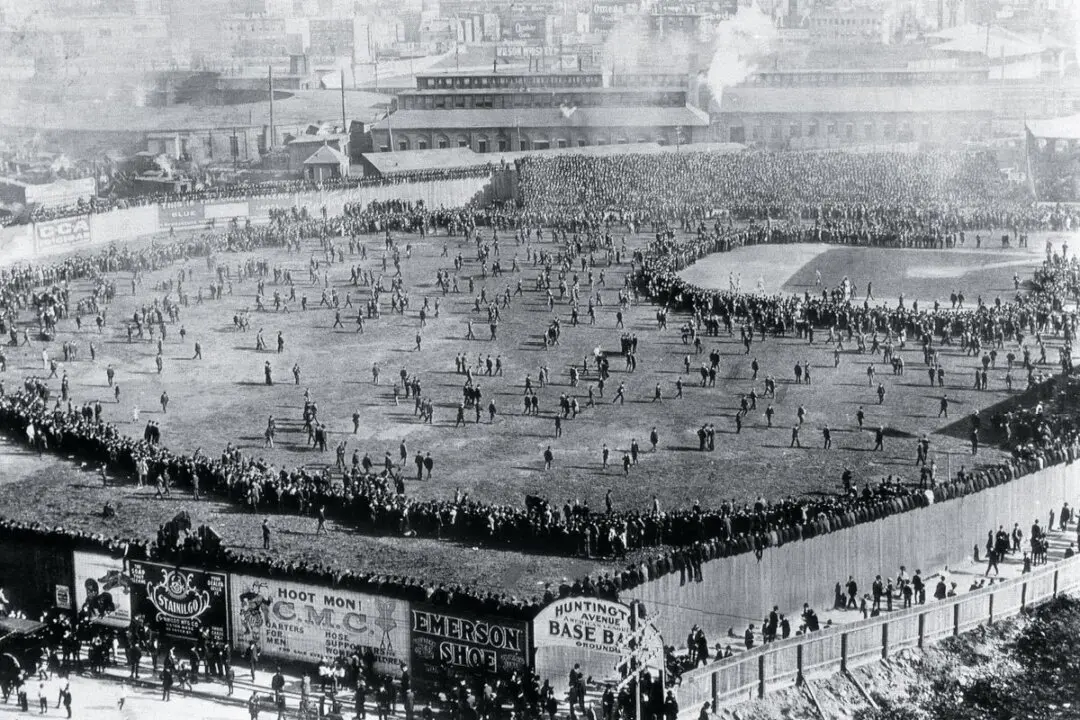There are countless ways to view the 2003 invasion of Iraq and the years-long war that succeeded it. But what we often view are the consequences and foreign policy interactions post Sept. 11, 2001. Steve Coll, who is one of the leading scholars on CIA involvement within the Middle East, ventures further than 21st century history. Indeed, in his new book “The Achilles Trap: Saddam Hussein, the C.I.A., and the Origins of America’s Invasion of Iraq,” he goes much further back into the rise of the Baath Party in Iraq and the eventual interactions between Saddam Hussein and the Ronald Reagan Administration.

Saddam Hussein and the Baath Party student cell in Cairo, in the period 1959–1963. Public Domain






